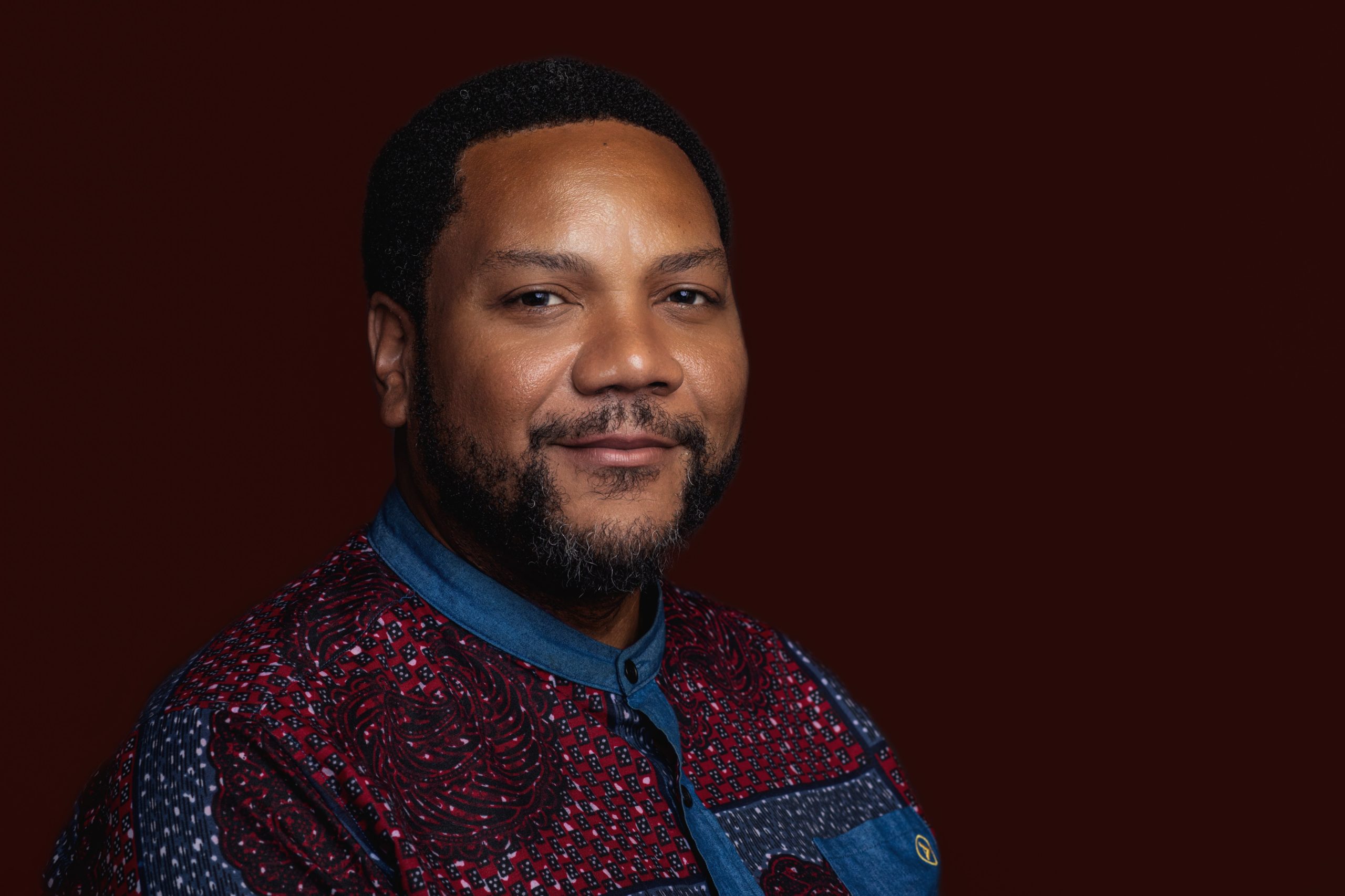By J. Jioni Palmer, Columnist
My mother taught me the virtue of words and trained me to be a wordsmith. Sure, we read books together—James and the Giant Peach, The Chronicles of Narnia, and Where the Sidewalk Ends—as we lay in bed. But, while the stories stirred my imagination and ignited a lifelong desire to create, what intrigued me most was how the words on the page could carry her away to a time and place distant from our own.
Without fail, her voice would eventually trail off, sometimes because she had fallen asleep, but more often because she was so engrossed in the material that she forgot I was listening. I would watch her face broaden into a smile or shrink with a grimace as the plot unfolded. It was entertaining hearing her snigger, gasp and provide a commentary on the action and the characters.
“What’s happening,” I would ask?
“Oh, it’s getting good! Wait until I finish this paragraph.”
If I were lucky, she would go back and reread the passages aloud, but I had to settle for a summary more often.
While the stories held my interest, my curiosity was piqued by these authors’ power to shift reality and perspectives.
In our tiny two-bedroom duplex on Bonar Street in Berkeley, California, I would sit on the living-room floor playing with my Lincoln Logs imagining I was a pioneer on the American frontier. At the same time, my mother lounged on our tattered floral printed couch with a thick tome in her plump but worn hands. Occasionally, I glance up at her immersed in the prehistoric world of The Clan of the Cave Bear. Then, in those rare moments when she put the book down to fix us something to eat in the kitchen, I would sneak a peek at the pages. None of it made sense to me, but I loved listening to her talk about the saga of an orphaned Cro-Magnon girl living with a clan of Neanderthals with our neighbor Bunny as they sipped wine with Anita Baker crooning in the background.
What kind of magic could Jean Auel conjure to compel my mother, who wore the exhaustion of multiple jobs and single parenting like a parka, to trek to the public library and dig through telephone books to find the author’s phone number in Portland, Oregon?
I do not know what spell she cast on my mom in that phone conversation, but I do know that somehow she found the time and energy to begin taking classes at the local community college. A year after I graduated from high school, my mother graduated from college, and before I could get my bachelor’s, she would receive her master’s in social work.
Every so often, my mom would declare that we needed a mental health day, and we would play hooky from school and work. Sometimes we would lounge around the house doing chores while listening to Sam Cooke, Joan Armatrading, or Cameo, but more often, we would shower and get dressed as usual and then go for a long leisurely breakfast, visit a museum, or watch several movies in a row. In high school and college—and even as of last month–I would make the same declaration and follow the same pattern, but unlike my mom, I pay for the first movie and then sneak into the rest.
One of the games we often played during our mental health days was speculating about someone in line at the grocery store or eating at the same diner.
“You see that man over there, to your left,” she would whisper conspiratorially.
I eventually learned to look clandestinely by shifting my gaze, but I would first swivel my head, exposing myself to the target.
“The one reading the newspaper,” I would ask.
“No, the one reading the book.”
“Yeah, I see him. So what?”
“So, what do you think?”
“Think about what?”
“What do you think his name is? He looks like a Robert to me. What does he do for a living? I think he’s a farmer because he’s wearing overalls and boots, but maybe he is an actor getting in character for an upcoming play. What do you think?”
By the time our food arrived, we had concocted a complete back story beginning with the man’s childhood growing up on the Lower East Side of Manhattan, the only child of German immigrants who fled the Fatherland between the two great wars. Before the check arrived, we fabricated tales of unrequited love, questionable business deals, and weekends tending to his bonsai garden at his home in El Cerrito, down the hill from the cemetery where our ancestors are buried.
It never occurred to me to try to ascertain whether our assumptions were even close to the mark or not. It was fun enough wrestling with the raw material of our imaginations to bother whether we were in the vicinity of fact or the neighborhood of fiction. For the moment, we were living in a universe of our own creation where laws of physics and gravity were malleable to our ingenuity. Years later, while working as a journalist, I cultivated the art of enticing people to reveal information about themselves despite their best efforts to keep them concealed. Most people, I have found, want to share their stories, but what the game my mom and I played taught me is that sometimes you need to engage in a little bit of fiction to get at the truth.
J. Jioni Palmer is the founder and publisher of “Thinking Good,” a digital media community that helps men be their better selves, and is the Men’s Minister at Metropolitan AME Church in Washington, DC. A graduate of the University of California at Los Angeles and Howard University School of Divinity, Palmer is a former journalist, Congressional staffer, and Obama administration, appointee. He lives in Washington, DC, with his wife, two sons, two cats, and a puppy.





